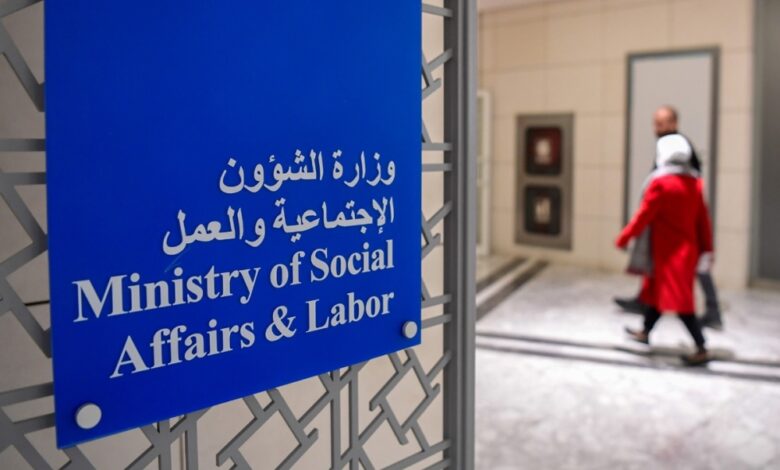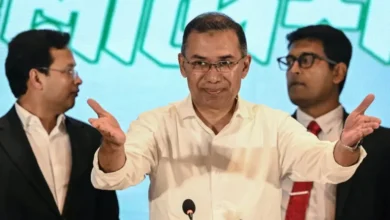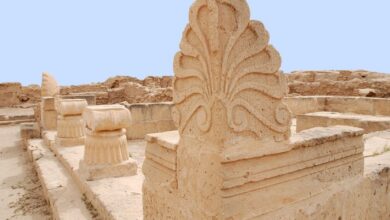Debt relief campaign sees 90 percent rejection rate
Ministry of Social Affairs blames ineligibility for high rejection rate as committees flag government debts, prior benefits as disqualifying factors; only principal debt amounts may be covered for non-Islamic bank loans

The acceptance rate for applications submitted by citizens to benefit from the third national campaign to pay off the debts of insolvent individuals is significantly low, ranging between just 5 to 10 percent.
These figures are based on initial audits by the Sharia Technical Committees overseeing the review process. The number of applications submitted varies by governorate, estimated to be between 1,200 and 2,000 per region, reports Al-Jarida daily.
According to sources in the Ministry of Social Affairs, the rejection rate by the Sharia committees may reach as high as 90 percent. This is attributed to a widespread failure by applicants to meet the conditions and eligibility criteria laid down by the Ministry.
The six technical committees, which began reviewing the debtors’ applications after the initiative was launched last Ramadan under the supervision of Acting Undersecretary Dr. Khaled Al-Ajmi, have so far examined about 40 percent of the total requests.
Sources revealed that many applications were dismissed due to several disqualifying factors. These include the absence of official debt cases in the records of the Ministry of Justice’s General Administration of Implementation, total debt amounts exceeding the maximum eligible cap of 20,000 dinars per case, or prior benefit from the campaign in its earlier rounds.
Moreover, applications related to government debts—such as unpaid electricity bills, municipal fines, or traffic violations—are excluded outright for failing to comply with the Sharia regulations governing the campaign’s disbursement rules.
Despite the high rejection rate, the campaign is prioritizing cases involving prisoners, the elderly, and those facing alimony-related court orders, provided they meet the Ministry’s requirements. Each governorate operates its own review committee, and inquiries from applicants are handled via the government’s “Sahel” platform to ensure fast and transparent communication.
Sources confirmed that Dr. Al-Ajmi is personally monitoring the committees’ progress to ensure timely review of the 9,112 applications currently under study. The Ministry aims to determine the exact number of qualified beneficiaries based on clearly defined, transparent standards.
The committees operate under a strict ethical framework. Members are required to sign legal undertakings affirming no conflicts of interest or personal ties to applicants.
They are also bound by rules that prohibit leaking or exploiting information and must report any violations immediately. The Ministry has warned of disciplinary action against members who breach these codes to uphold fairness and prevent any misuse of campaign funds.
On a related note, the committees are leaning toward paying only the principal amounts of debt in cases involving non-Islamic banks. The Ministry has formally consulted the Fatwa Department at the Ministry of Islamic Affairs to obtain a religious ruling on this matter and is awaiting a response.












